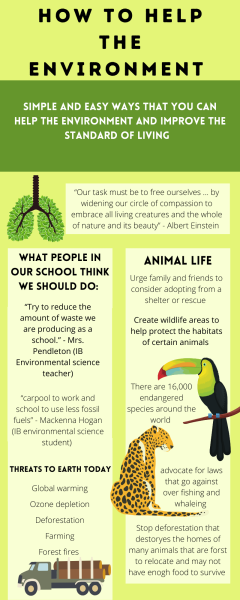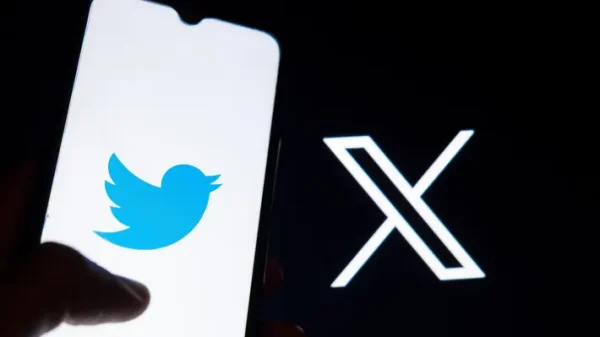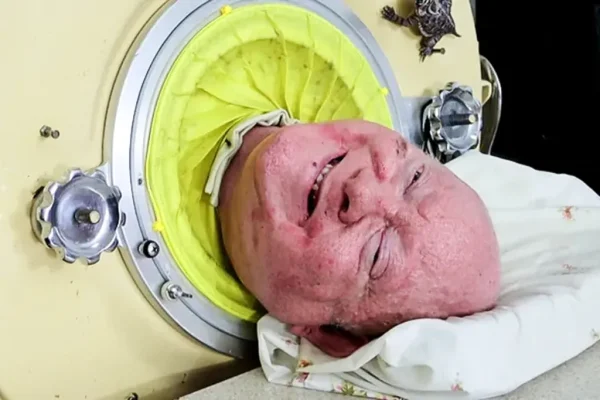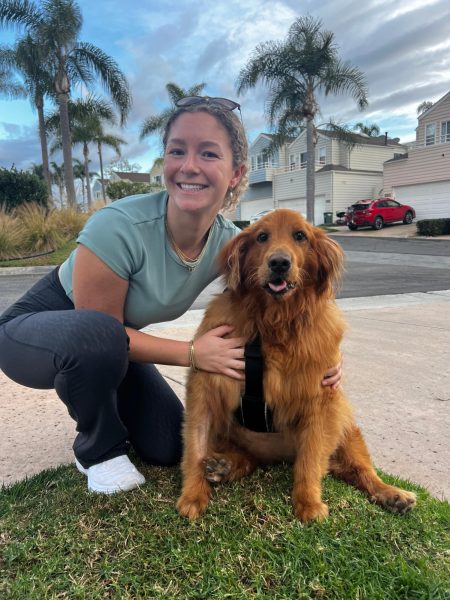Implicit Bias Impacting Interpretation

The implicit and unconscious cognitive biases will always impact a reader’s interpretation of even the most unbiasedly presented news stories so that they can place it into the context of their own lives. This is why it is important for news sources to remain as simple and unbiased as possible to avoid feeding into confirmation bias. The increase in news outlets presenting information alongside a certain paradigm as a means to increase profits has directly caused an increase in confirmation bias, stereotyping, cognitive bias, and overall the increasingly strong divide based on perspective.
One of the major ways in which cognitive bias is exacerbated in modern life is via the divisive nature of news outlets; the largest and most classic example being the Fox vs CNN divide. As social media became the major outlet from which people received the news, it became clear that traditional cable news channels would not draw as much attention as the print works accessible on a cell phone (Bedard). To counteract this, cable news began allowing for more discourse to grow on their shows as a means to replicate the discourse present in the comments of online articles. While this may have begun as a simple means of meeting demand, or as exploring the varying perspectives of an issue, it soon evolved into ideological schisms based on viewership; ultimately becoming the right-wing Fox and left-wing CNN we know today.
Furthermore, the lack of education in this country on cultural differences has resulted in many people acquiring a defensive attitude regarding the news. For example, because of the lack of education on institutionalized racism, many people interpreted the creation of the “Black Lives Matter” movement as meaning other lives do not matter, resulting in the creation of the “All Lives Matter” (All Lives). The unconscious bias instituted by the lack of education on racial issues and black culture resulted in a misinterpretation of events, resulting in a reaction. In this same vein, the noted spike in anti-Islamic action and attacks after 9/11 can be interpreted as a biased reaction to the news on the tragedy. A lack of education on Islamic teachings and culture caused the interpretation that the attack was representative of Muslim beliefs and therefore all Muslim people were associated with it (What it Meant). Lack of education creates unconscious biases, which create violent reactions to the news.
The innate human need to find a reason for things is another way in which bias damages interpretations of the news. It is entirely normal and has been evolutionarily beneficial for us to find a singular reason for something, a single person or action behind all of the chaos. However, in a modern society, one in which everything is recorded, information spreads faster than viruses, and sweeping changes to technology, politics, and lifestyles can occur overnight, this instinct has become harmful. It is obvious in the ways in which the democrats in our government blame republicans for societal problems, and republicans blame democrats for the same. It is also noticeable from the COVID-19 crisis; some groups blamed it on the Wuhan lab where it was being studied, some blamed the government’s failure to enforce isolation and mask rules, and some blamed the large numbers of immigrants and travelers in and out of the country (Hardy). The innate need to find someone to blame for a tragedy meant that no piece of news–no matter its bias or lack thereof–without interpreting as slander against one group or another.
In tandem with these factors, a fundamental misunderstanding of implicit bias limits our ability to deconstruct them. Many people believe that they do not hold a given prejudice–be it racism, homophobia, sexism, or another–because they do not express it nor do they subscribe to the associated beliefs. However, the definition of implicit bias is a prejudice one holds unconsciously and unknowingly (Implicit). They are developed by consistent exposure to cultural phenomena; things ranging from the over-portrayal of black men as criminals on television to the extreme amounts of violence women are subjected to in comic books. These concepts are ingrained into our minds, even if we do not believe them to be universally true or right. But these factors impact our interpretation of the news, ultimately causing the reactions described above. It is only when one understands what an implicit bias is, how impacts decision-making, and in what ways they are altering perceptions of the news, that one can begin to disassemble them and gain a more nuanced understanding of current events.
Bias is unavoidable; no matter how hard you try, schools of thought instilled in you from years past can impact your interpretation of the news. However, it is possible to grow to deconstruct one’s biases and grow from them. So before you come to a conclusion about a story, and before you form an opinion about an event, think about why you feel the way you do and try to examine the issue from another perspective. Then, determine how to act.
Works Cited
“All Lives Matter.” The Black Story, Black Story, 2021, theblackstory.com/Resources/details/72. Accessed 27 Mar. 2023.
Bedard, Paul. “CNN, Fox, and MSNBC blamed ‘very strongly’ for dividing nation.” Washington Examiner, 14 Jan. 2021. Washington Examiner, www.washingtonexaminer.com/washington-secrets/cnn-fox-msnbc-blamed-very-strongly-for-dividing-nation. Accessed 27 Mar. 2023.
Hardy, Lisa J et al. “Who is to blame for COVID-19? Examining politicized fear and health behavior through a mixed methods study in the United States.” PloS one vol. 16,9 e0256136. 1 Sep. 2021, doi:10.1371/journal.pone.0256136
“Implicit Bas.” National Institutes of Health, 3 June 2022, diversity.nih.gov/sociocultural-factors/implicit-bias#:~:text=What%20is%20implicit%20bias%3F,retaining%20a%20diverse%20scientific%20workforce. Accessed 29 Mar. 2023.
“What It Meant To Be Muslim In America After /9/11.” NPR, www.npr.org/2021/09/09/1035578745/what-it-meant-to-be-muslim-in-america-after-9-11. Accessed 27 Mar. 2023.






